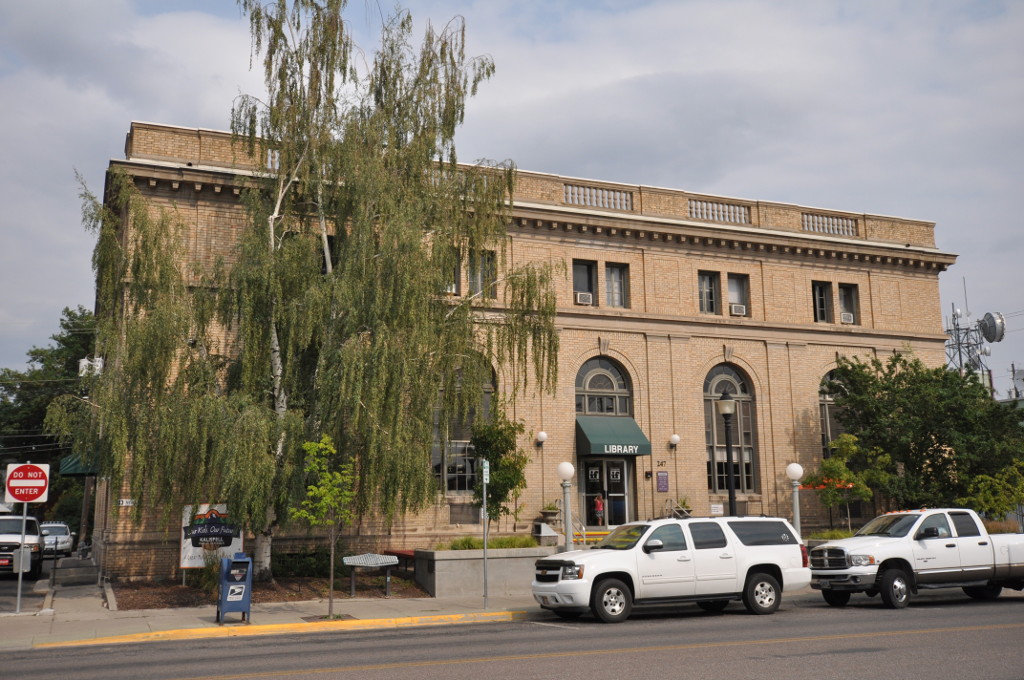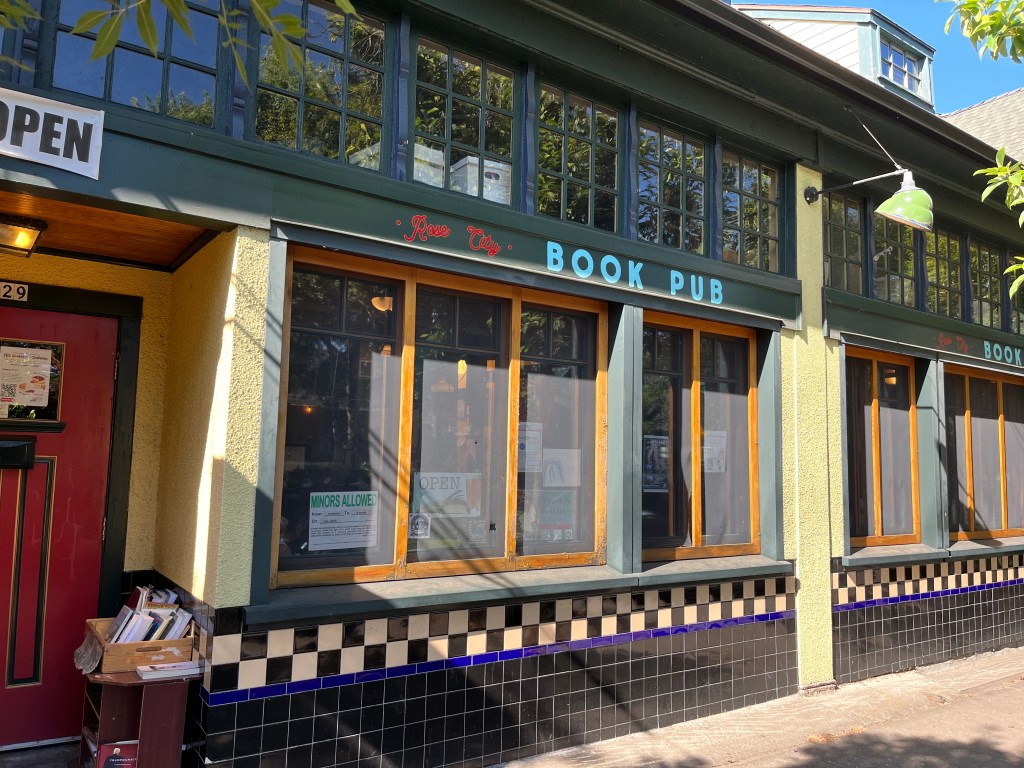This article is an adapted version of a speech given at WikiConference North America in November 2023, also published in the Signpost.
Hello everyone, my name is Selena Deckelmann. I’m the Chief Product and Technology Officer at the Wikimedia Foundation.
As many of you know, I started my role at the Foundation a little over a year ago, in August 2022. I want to start by sharing a little bit about what this role means to me: it’s very much connected to how I learned about sharing knowledge as a kid.
I grew up in Montana, in the western half of the United States, but I also grew up on the road. My stepfather was part of a pipefitter-welder union, and we traveled to where the work was. We traveled so much that the places that stand out were all shared spaces.
I especially loved the shared space at the public library in downtown Kalispell, Montana. It was an incredible place. I truly looked forward to the time I spent there, which was pretty often after school until one of my parents got off work.
I was lucky enough to have a wonderful children’s librarian who spent a ton of time with me, recommending books based on what I liked, talking with me about school and explaining how libraries worked. He explained the card catalog and the Dewey Decimal System. He showed me all the books in the kids section by Roald Dahl, and showed me an Oxford English Dictionary that was available on a lectern as a reference. I got lots of nerd points when I went to university for aspiring to own an OED myself.
It makes me incredibly proud that Wikipedia and all Wikimedia projects contribute to the sharing of knowledge, and that we play as special a role in many people’s lives as the Kalispell library played in mine. What Wikipedia has accomplished is the creation of a public space meant for everyone to experience the joy that comes from learning.
Not only that, but Wikipedia also makes it possible to share knowledge at a new and unprecedented scope and scale. We work together to protect these public spaces, and we stand against censorship everywhere. I think it’s incredible that we get to do both of those things as a result of the contributions of hundreds of thousands of volunteers worldwide, every month.
Being here builds on my experiences with the many beautiful and useful public spaces I enjoyed as a child.
One Year In
The importance of public spaces is one of the main reasons that I took this role. The other reason is because of all of you, and the community you represent. I started my career tinkering with Linux and writing Perl scripts, and now I’m on my 3rd 20-year-old open source codebase. I’ve seen firsthand how powerful it can be when volunteers come together to build something out in the open.
I knew many Wikipedians before I started at the Foundation, and since starting I’ve been able to revive connections and also meet many of you for the first time. I’m lucky to live in Portland, Oregon, also the hometown of Ward Cunningham, who coined the phrase “wiki,” and who is a friend and advisor to me.
I’ve also been having meetups at a very Portland kind of place: a Book Pub (they sell new and used books, and you can sit in the stacks with a pint and have dinner). I’ve met up with local Wikipedians there, and some folks from the Cascadia Wikimedians User Group. I’ve been incredibly lucky to get to attend a handful of in person conferences, and meet hundreds of volunteers online, on wiki, on IRC and in video chats. Some of you have written me letters and I have appreciated meeting (sometimes frustrated) folks who are trying to make things better.
Big Questions
The conversations I’ve had over the past year have also led me to some big questions. Questions about our future — the future of Wikipedia and the projects, and also the future of our movement and the Foundation. These are about what we need — collectively — in order to meet that future.
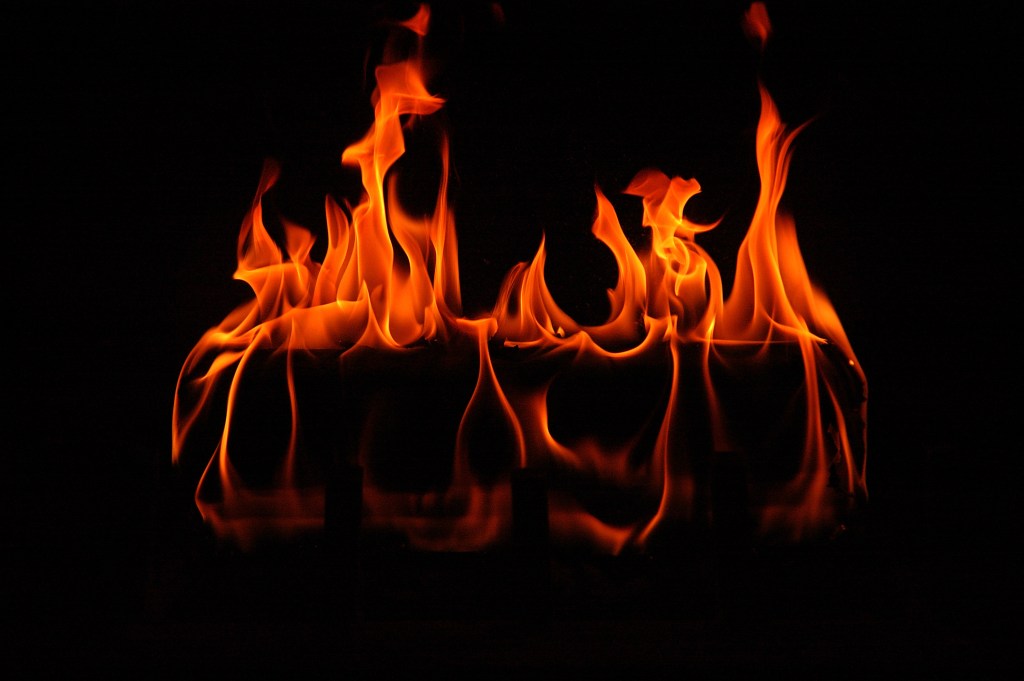
In a recent conversation I had with Audrey Tang, Taiwan’s first Digital Minister, she compared Wikipedia to fire. Wikipedia is the one place on the internet that has taken potentially destructive debate, harnessed it, and turned it into energy that fuels truth and understanding among people.
Audrey described this as “harnessing fire,” something humans have done since the beginning. Along with it, you need all the things that can make fire safer — fireplaces, fire extinguishers, and fire departments — even as you’re using it to do something good and useful.
Audrey described Wikipedia as a safe space for debate, a system that helps transform and unite divided people. I think harnessing the fire of passionate debate online is what Wikipedians do. And I’d like your help in using those skills for debate, research and reasoning, to unlock what I believe is a profound challenge we face.
I think it is a unique time for us all. There’s a potential for sea change on the internet, driven by generative artificial intelligence. A shocking breadth of the world is touched by the work of artificial intelligence companies and very recent advances in machine learning.
There’s increasing regulation, and also censorship threats, that affect Wikipedia.
We are also seeing a decline in a vital group of Wikipedians – our admins, whose work is crucial to how content is produced and maintained over the long term. A report from The Signpost in October shows that “we hit a new record low, going back over a decade, of 448 active admins. To find the last time English Wikipedia had fewer than 449 active admins, we have to go back to 2005.”[1]
An earlier report from The Signpost, in August, says that “99% of our admins made their first edits over four and a half years ago. […] Over 90% of current admins made their first edit before I wrote that article [thirteen years ago].”[2]
So, we have options. One might be to change nothing; maybe this project is a one-generation wonder.
Or, we could figure out what we all need to ensure our projects survive the sea changes coming our way. I know that there is a lot of Wikipedia history about how some pundits treat every big tech change as the impending death of Wikipedia. And over two decades later, that just has not been true. That said, I do think we have to face multiple things coming our way all at the same time – especially when our own numbers seem to be shrinking, not growing.
That has gotten me thinking about what kinds of projects and organizations really stand the test of time. My view is that most don’t. It is hard to think beyond a single generation and I believe we must begin to do exactly that. We must ask what changes will be needed to make sure Wikipedia can last past this generation. There’s enough that Wikipedia has done for the world that it’s worth the effort to sustain it, and the world still needs Wikipedia. So how would we ensure this project is multigenerational?
As I’ve said before, I think it begins with sustainability: How can we ensure that this remarkable project that has been around for nearly 23 years continues to grow and stay relevant? Everyone here knows about how generative AI has seemed to affect every part of our lives over the past year. Our data and the systems that produce it form the backbone for every single commercial large language model. I fundamentally believe that this makes our work more valuable and relevant in this new future. But how can we help ensure that human-powered knowledge creation remains a priority for the world? And in addition, the world is shifting away from purely web-based platforms for searching the internet – with services like TikTok affecting powerful changes in the way people find knowledge. Are we prepared to meet the changing needs for how people find information, in the way that we’ve met other big technological and social shifts over the past two decades?
We also must determine what appropriate support looks like: How can we, as the Foundation, best support volunteers so that you can do the work of producing more knowledge?
Since coming to the Foundation, I’ve had a lot of conversations about the Foundation’s role. I’ll borrow a phrase from our CEO, Maryana Iskander, who is asking us all to examine what “roles and responsibilities” are best, and for who. I want to bring more clarity to that definition when it comes to the Product and Tech work, so that we are very clear on our role and how we can support you. The Wikimedia Foundation focuses on making the work of volunteers easier, and scalable across hundreds of languages and locations. But for us to do that well, I need more help from all of you. I can’t tackle every tech issue that everyone wants to see resolved all at once, but I am proud of the progress we have been able to make in the last year.
In the last couple of months, we shipped changes that enabled a better backbone for PageTriage, and worked closely with volunteer developers to ensure future sustainability. Going forward, we have a number of initiatives ranging from projects like Edit Check, Discussion Tools, Dark mode, Patrolling on Android, Watchlist on iOS, Automoderator, Community Configuration, the Wikimedia Commons Upload Wizard, and others.
My team has also been looking into ways to make our bug fixing work more effective and visible. I recently learned that 331 volunteer-reported Phabricator tasks were resolved by Foundation staff and contractors from July 1st to September 30th of this past year.
With the input and help of volunteers and Foundation staff, I’ve been making and supporting a number of key decisions: First, we’re changing how we partner with the community. For example, the Foundation has changed how we create and launch fundraising banners in response to RfCs and with ongoing feedback from volunteers.
In the product and tech space, we’re using research methods that solicit prototypes directly from volunteers for informing typography decision making. And we’re learning not just the basics of font size and spacing, we’re also getting important information about context, devices and cultural aspects of the use of Wikipedia which are vital for helping make our software easier to use as how people use and access it changes (and it has changed a lot over 20 years!).
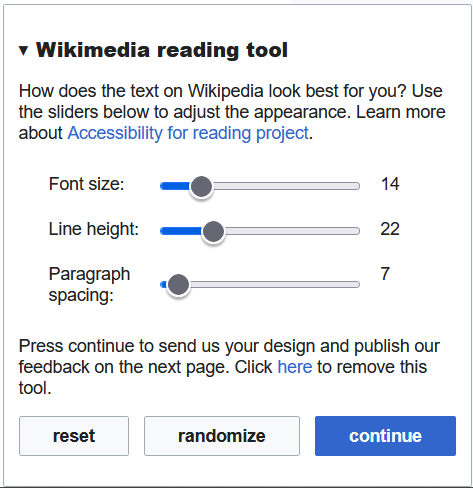
This year, I re-created a MediaWiki team, with product management leadership under Birgit Müller, tasked with rethinking approaches to development of MediaWiki going forward.
We are changing our approach to the community wishlist survey, with the Community Tech team working to get volunteer requests and needs communicated to all the different teams in product and technology to support the work, not only their team!
We are trying to improve what we do. But this won’t really add up to much if I don’t get more help from you. Some of what I need help with is resetting how we talk to each other, and work together. Finding better avenues for debate and discussion, and civil ways to disagree when we can’t make everyone happy. The Foundation may be an organization, but at the end of the day, we’re all just people. Many of you have built connections with individual members of my teams on and off-wiki as we come together to do the work.
How do we maintain strong, lasting relationships so this is more than a single-generation partnership? I don’t have answers for all of these big questions. And these are not questions for me to answer alone. They’re for us to answer, together.
The Wikimedia Foundation’s stated mission is: To empower and engage people around the world to collect and develop educational content under a free license or in the public domain, and to disseminate it effectively and globally.
I believe that we can’t succeed in that mission without being on the same page. I believe this starts with us seeking answers together for these big questions about sustainability, support and the human relationships and connections that enable our work.
In its first 20 years, Wikipedia was built by individuals: individual people making individual contributions, small and large, every day. Wikipedia grew, and simultaneously, a community of individuals became a movement. And look what you made!
A fire doesn’t immediately begin as an inferno. Instead, it’s stoked by many people over time, with care, passion, and dedication. Now, and always, we are responsible for the future of this mission and for what this project becomes. I’m glad to have the opportunity to stand here today and pose some of our big questions. This is an invitation to work on finding the answers, together.
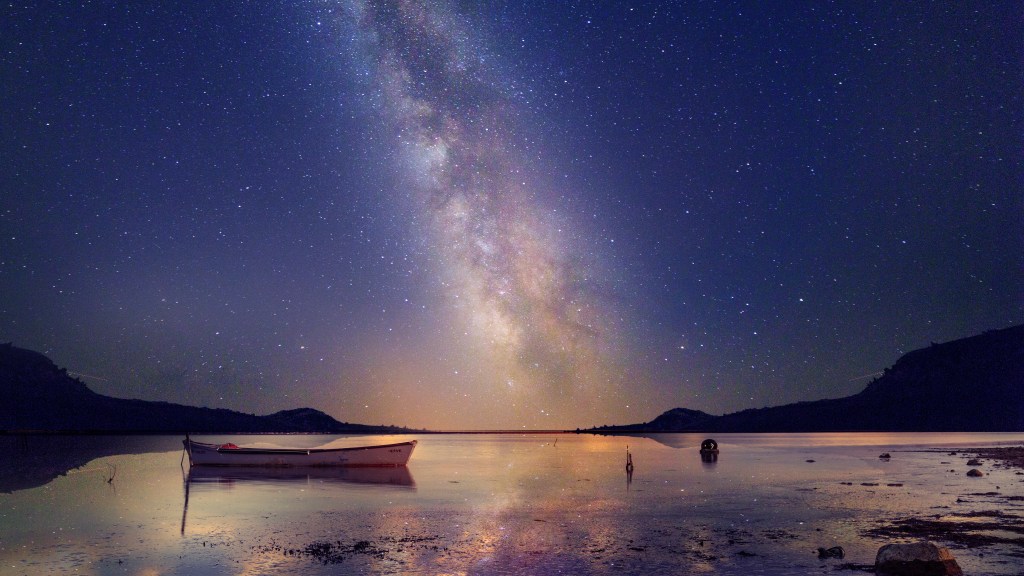
I’ll close with a question I hope I can get help answering from everyone here: what do we all need to make Wikipedia and Wikimedia projects multigenerational in their scope?
We have some examples where projects and institutions can persist in time, like universities or libraries for example. But Wikipedia is different. What are the parts we can emulate, what other things might we need to invent?
Both Maryana and I started our time at the Foundation by taking a listening tour, where we each got the chance to meet so many of you. I deeply valued the time I spent speaking to you about your plans, your hopes for the movement, the roadblocks you met in your work. As Maryana recently shared, we’re kicking off another listening tour similar to that first one, called Talking:2024. So: schedule a time to speak with me. I want to hear from you about what you’re working on, and what problems we can solve together.

Can you help us translate this article?
In order for this article to reach as many people as possible we would like your help. Can you translate this article to get the message out?
Start translation
